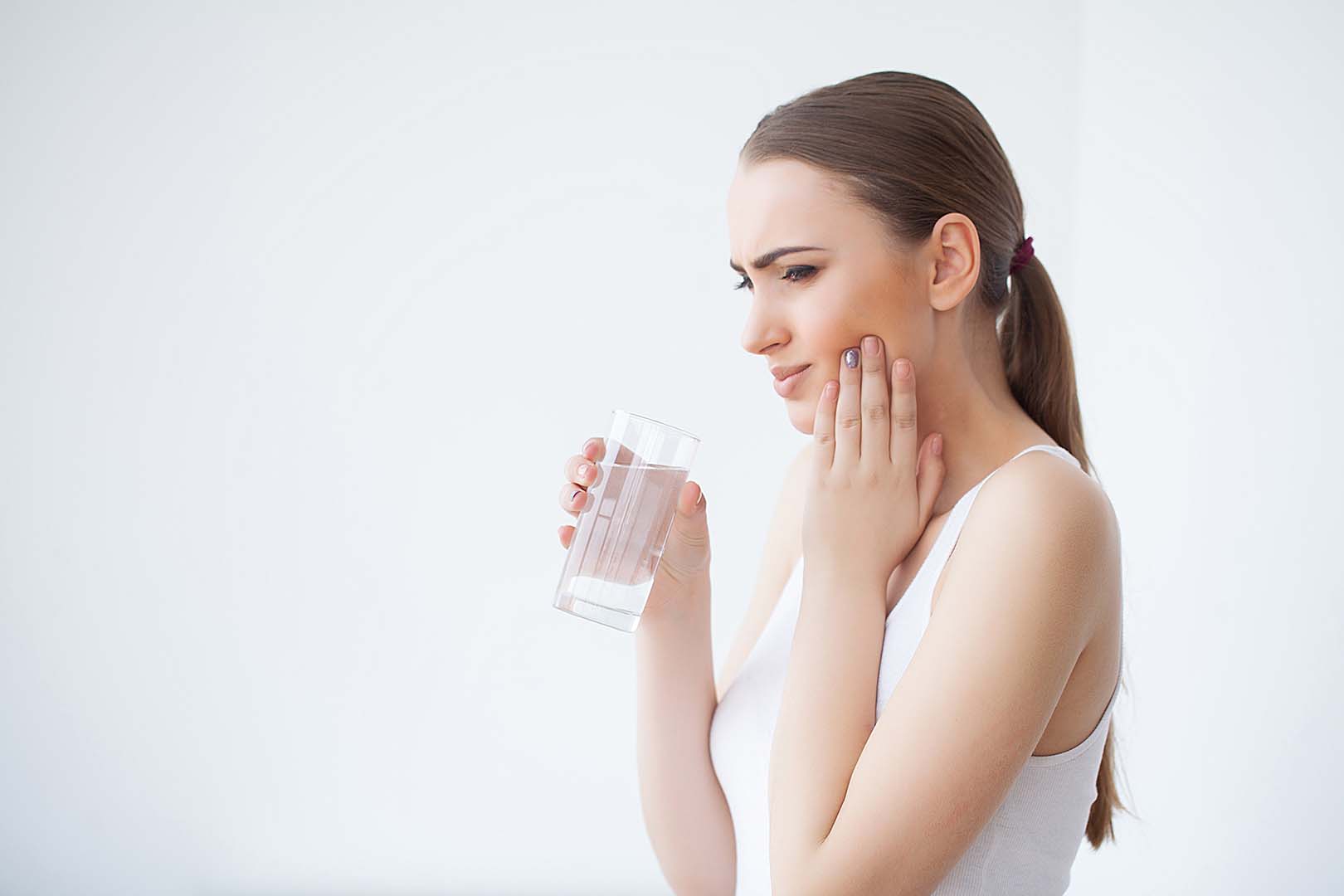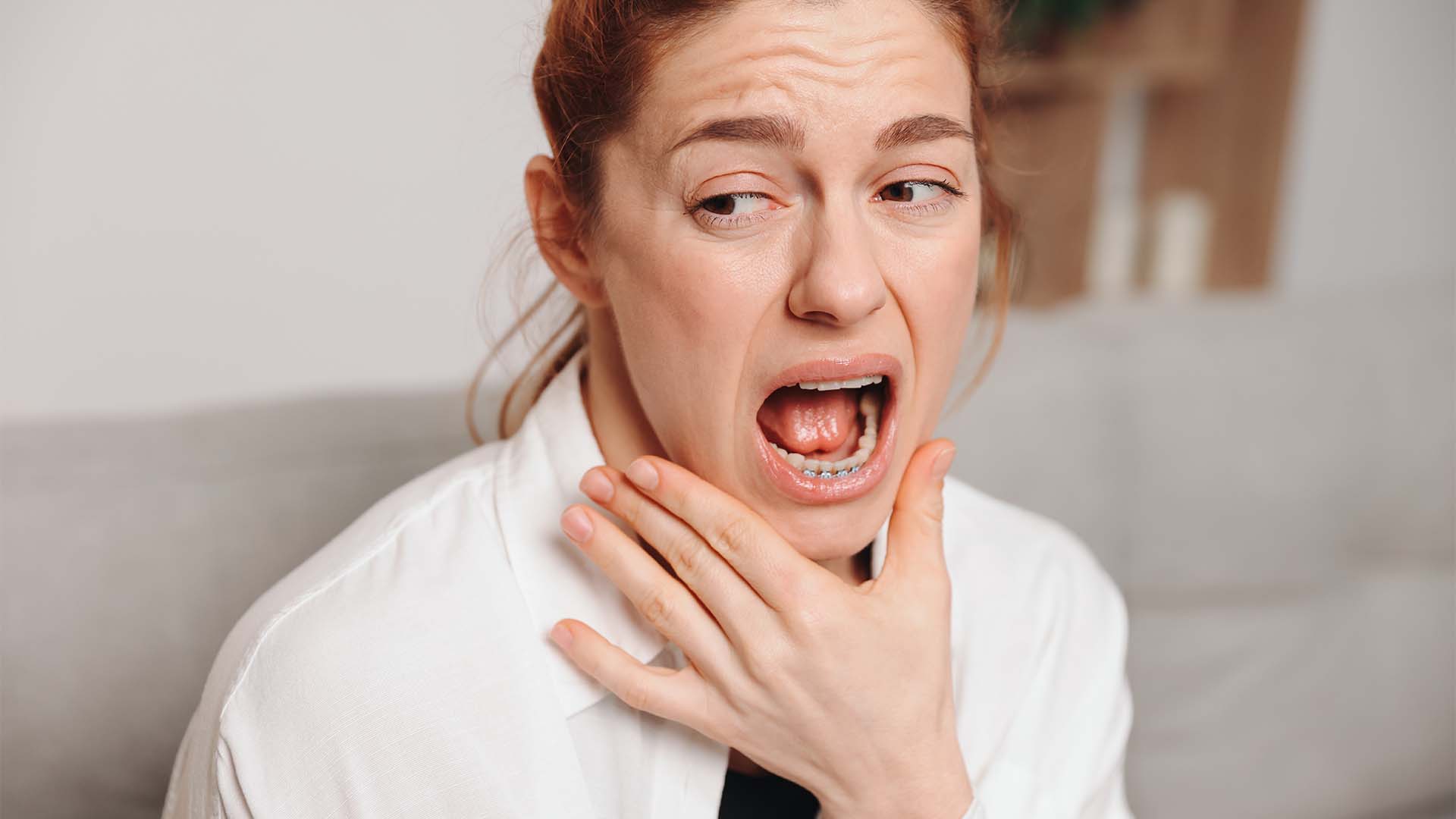- Introduction
- Microorganisms in the Mouth: Friends or Enemies?
- Probiotics and the Prevention of Caries
- Probiotics and Periodontal Diseases
- Probiotics and Halitosis
- How to Introduce Probiotics into the Oral Hygiene Routine
- Conclusion
- Scientific references
Introduction
Once upon a time, in a kingdom far far away – eh… actually inside your mouth 😃 – an army of microorganisms battled for supremacy on a daily basis. In the midst of this bacteriological war, a secret weapon emerged, often underestimated and even unknown to many: probiotics. Who knew that tiny warriors could make such a difference to the health of our teeth and gums? Let’s explore this microscopic battlefield and discover how these little allies can transform the oral health landscape.
Microorganisms in the Mouth: Friends or Enemies?
The oral cavity is a complex ecosystem inhabited by thousands of species of bacteria. Some of these bacteria are harmless or even beneficial, while others can wreak havoc, leading to problems such as tooth decay and periodontal disease. The key is to maintain a healthy balance. This is where probiotics come in, live microorganisms that, when administered in adequate quantities, confer health benefits on the host.
A 2016 study published in the Journal of Clinical Periodontology revealed that probiotics can significantly reduce levels of Streptococcus mutans, one of the main bacteria responsible for tooth decay (Meurman, 2016).
Probiotics and the Prevention of Caries
Tooth decay is one of the most common diseases in the world. According to the World Health Organisation (WHO), it affects around 60-90% of school-age children and almost 100% of adults. Probiotics can act as a barrier against tooth decay by inhibiting the growth of cariogenic bacteria.
A study carried out in 2017 showed that children who consumed daily fermented milk containing Lactobacillus rhamnosus had a significant reduction in the incidence of caries (Näse et al., 2001). This finding suggests that including probiotics in the diet could be an effective strategy for preventing caries.
Probiotics and Periodontal Diseases
Periodontal diseases are infections that affect the structures that support the teeth, including the gums. If left untreated, they can lead to tooth loss. Probiotics have shown potential in combating these conditions by modulating the inflammatory response and balancing the oral microbiota.
A clinical trial published in the Journal of Clinical Periodontology in 2013 found that the use of tablets containing Lactobacillus reuteri resulted in a significant reduction in gingivitis and periodontitis in patients (Teughels et al., 2013). These results underline the potential of probiotics as a valuable addition to the conventional treatment of periodontal diseases.
Probiotics and Halitosis
Halitosis, or bad breath, is a common problem that can affect quality of life and social interactions. The most common cause is bacterial activity in the mouth. Probiotics can help combat halitosis by reducing the bacteria that produce volatile sulphur compounds responsible for bad breath.
A 2016 study published in the journal Oral Diseases showed that the use of lozenges containing Streptococcus salivarius K12 significantly reduced halitosis in participants after 3 days of use (Burton et al, 2013). This approach offers a promising natural solution to bad breath.
How to Introduce Probiotics into the Oral Hygiene Routine
Introducing probiotics into the daily oral care routine can be done in various ways. Products such as toothpastes, mouthwashes and oral supplements containing probiotics are available on the market. In addition, consuming foods rich in probiotics, such as yoghurt and other fermented products, can benefit oral health.
A 2015 study published in the Journal of Dental Research indicated that the use of mouthwashes containing Lactobacillus brevis CD2 reduced gingival inflammation in adults (Montalto et al., 2015). These products can be easily incorporated into the daily routine and offer an additional approach to maintaining oral health.
Conclusion
Probiotics are emerging as valuable allies in the fight for oral health. From preventing tooth decay to fighting periodontal disease and bad breath, probiotics offer a natural and effective approach. Science continues to reveal their benefits, and incorporating them into daily care can be an important step towards a healthier mouth. With a growing body of scientific evidence in their favour, could probiotics be the next big breakthrough in oral health?
Scientific references:
- Meurman, J. H. (2016). Probiotics: do they have a role in oral medicine and dentistry?. European Journal of Oral Sciences, 124(4), 317-326.
- Näse, L., Hatakka, K., Savilahti, E., Saxelin, M., Pönkä, A., Poussa, T., … & Korpela, R. (2001). Effect of long-term consumption of probiotic milk on infections in children attending day care centres: double blind, randomised trial. BMJ, 322(7298), 1327.
- Teughels, W., Loozen, G., & Quirynen, M. (2013). Do probiotics offer opportunities to manipulate the periodontal oral microbiota?. Journal of Clinical Periodontology, 40, S159-S177.
- Burton, J. P., Chilcott, C. N., Moore, C. J., Speiser, G., & Tagg, J. R. (2013). A preliminary study of the effect of probiotic Streptococcus salivarius K12 on oral malodor parameters. Oral Diseases, 19(1), 79-86.
- Montalto, M., Vastola, M., Marigo, L., Covino, M., Graziosetto, R., Santoro, L., … & Gasbarrini, A. (2015). Probiotic treatment increases salivary counts of lactobacilli: a double-blind, randomized, controlled study. Journal of Dental Research, 84(3), 228-232.



